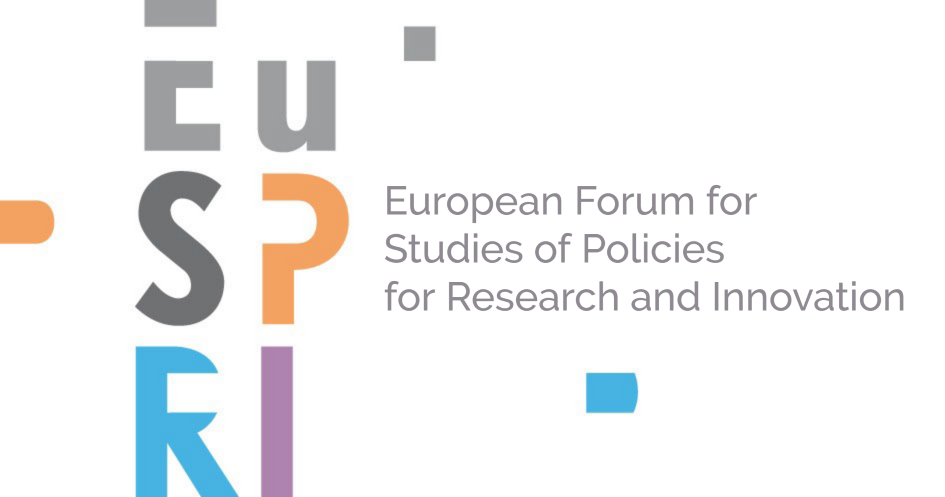James, Andrew (Manchester (GB) University of Manchester)
As Open as Possible, as Closed as Necessary – Negotiating the Relationship between Open Science and Research Security in European Science and Technology Policy
Authors: Andrew James, Kieron Flanagan, Tommy Shih
Keywords: Balance the open dissemination of knowledge with the protection of critical research assets, International dimensions of both openness and security in science policy, Nature of academic freedom, Regulatory frameworks
Abstract
In European science policy, Open Science is a key priority, driving initiatives to foster collaboration across borders and sectors (see for instance the Horizon Europe Provisions on Open Science). Open access to research data, publications, and methodologies seeks to promote a more inclusive and efficient scientific enterprise making scientific knowledge- more accessible to academics, policymakers and citizens. It emphasises transparency, collaboration, and free sharing of knowledge, enhancing reproducibility and promoting research integrity (UNESCO, 2021).
However, this movement towards open science is increasingly intersecting with growing concerns amongst policy makers over research security (G7, 2022; OECD, 2022; G7, 2024); European Council, 2024) Research security (also known as “security-related issues”, “Trusted Research” “responsible internationalisation” and “knowledge security”) refers to a broad range of issues and risks associated with international research collaboration, including threats to national and economic security and other risks such as attempts by external actors to illegitimately acquire academic research and expertise and/or interfere with academic discourse.
Research security concerns have led to initiatives by national governments such as the UK, Czechia, the Netherlands, Germany and Sweden. At the same time, it has stimulated intergovernmental initiatives by the Group of Seven and OECD. Significantly, the European Commission is pursuing the possibility of research security measures, including in the next work plan for the European Research Area and in the Horizon programme.
Tensions between the aims and worldviews of open science and research security are apparent. The OECD has warned that research security and geopolitics could disrupt the deep and extensive international science linkages that have built up over the last 30 years, leading to decoupling between China and the rest of the world at a time when global challenges like climate change require global solutions underpinned by international co-operation in research. Responses to the consultation on the European Commission’s proposals contain frequent concerns about its implications for academic freedom and the conduct of international. In Sweden, the consultation over government plans for “responsible internationalisation” has led to a strongly negative response from the Association of Swedish Higher Education Institutions who have expressed deep concerns about the implications for academic autonomy. In all this, Europeans are conscious of the debates being played out in the United States where the “China Initiative” and other Federal government actions have had a chilling effect on international collaboration and a direct impact on U.S. science.
The proposed track will explore the tensions between the ideals of the openness of science and the pressures for research security within the European context. It will bring together experts from academia and policy to examine how Europe can balance the open dissemination of knowledge with the protection of critical research assets. Through an interdisciplinary lens, the discussion will address regulatory frameworks, the nature of academic freedom, and the international dimensions of both openness and security in science policy. The panel aims to offer insights into how Europe can lead globally in ensuring that its commitment to openness does not compromise its scientific integrity or strategic interests.
Specifically, the track will address the following research questions:
• How can European policymakers balance the principles of open science with the need to protect sensitive research and technologies?
• What are the key security risks associated with open access to research data in fields such as artificial intelligence, biotechnology, and quantum computing?
• What ethical considerations arise from restricting access to certain research outputs in the name of security, and how can these be addressed?
• How do existing European Union frameworks, such as Horizon Europe, address the dual priorities of promoting open science and safeguarding research security?
• Can there be a “middle path” where research is open to some degree but selectively restricted for areas that pose significant security risks? What might that framework look like?
• What lessons can be learned from analysing earlier waves of research security concerns, such as the Cold War?
The track will be comprised of two elements: first, a panel debate on the emerging research questions related to this topic; second, a track aimed at attracting early-stage research papers. The panel aims to provoke a dialogue on how Europe can reconcile the sometimes-competing demands of openness and security in its approach to science and technology policy.
The panel debate will comprise:
• Professor Kieron Flanagan, MIoIR, University of Manchester “Open science versus research security?”
• Professor Andrew James, MIOIR, University of Manchester “Comparing and contrasting European approaches to research security: convergence and divergence”
• Professor Caroline Wagner, Ohio State University “Trends in international research collaboration and U.S. research security policy”
• Associate Professor Tommy Shih, Lund University “Responsible internationalisation and the European Commission as a research security actor”
• An official of the European Commission or OECD (TBC)
